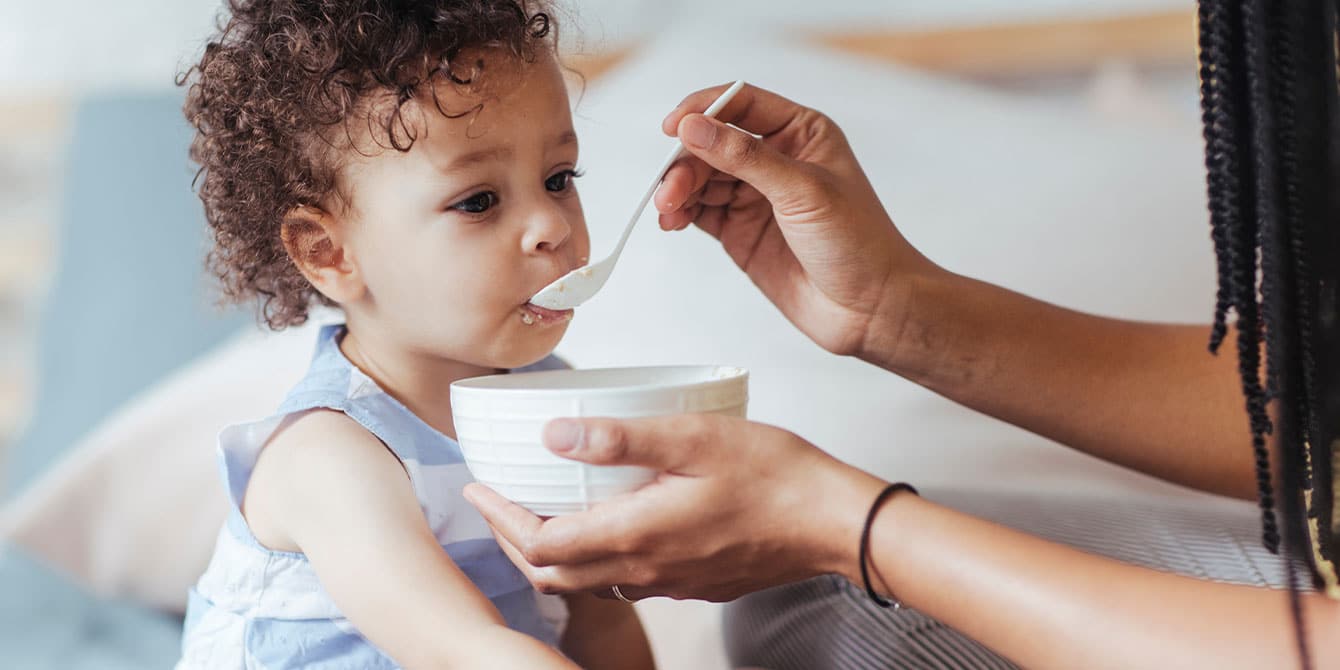Former teacher Maggie Perkins has struck a nerve with parents everywhere in her viral TikTok where she shares the hygiene issues educators notice but can’t always address directly with families. Her candid list—covering everything from long, dirty fingernails to unwashed sweatshirts—is that rare internet moment that makes you simultaneously nod in recognition and wince with a touch of parental guilt.
Related: Woman throws TikTok into an unintentional uproar with hug
“Please cut your kid’s nails. If your kid’s nails are long and dirty, other kids are noticing and also it is gross,” Perkins states plainly in her video, before moving on to other uncomfortable truths about deodorant, first bras, and those beloved-but-never-washed hoodies.
As a parent of a middle schooler myself, I’ll confess: she’s absolutely right. Not only do I drive carpool and overhear which kids are the subject of “smell talk,” but my adult brain still holds vivid memories of which classmates had visible earwax or perpetually grimy fingernails back when scrunchies and JNCO jeans were all the rage. Kids notice. They absolutely, positively notice.
The list no one asked for (but everyone needed)
Perkins’ list tackles topics many parents put off addressing until they become obvious problems:
- Fingernail hygiene: Not just an aesthetic issue—Perkins points out kids can literally get impetigo from their own dirty nails
- Deodorant timing: Start in fifth grade, before it becomes necessary
- First bras: Consider soft “athleisure” options for fourth and fifth graders to avoid unwanted attention
- Sweatshirt washing: That favorite hoodie worn daily is basically “a dirty snot rag” after a while
- Email checking: Because apparently we’re still missing important communications from teachers
What makes this list particularly powerful is how it connects physical hygiene directly to children’s social and emotional well-being. When Perkins mentions that “it’s hard to bear being a sixth grader who has an acute sense of being different than others and criticized,” she hits on something fundamental: these aren’t just cleanliness issues—they’re potential social landmines for kids navigating the already treacherous waters of pre-adolescence.
The great parental blind spot
Why do so many parents miss these signs? Part of it may be the overwhelming nature of modern parenting. Between work demands, activity schedules, and digital distractions, it’s easy to miss the gradual changes in our growing children.
It’s also partly developmental. Our kids are growing up and changing rapidly, and sometimes we’re still seeing them as younger than they are. The stubborn resistance to acknowledging puberty’s approach means we might miss those earlier-than-expected moments when deodorant or a first bra becomes necessary.
Kate P., a school nurse who commented on the viral video, offers another perspective: “I talk to students about hygiene every single day. Teachers, if you don’t feel comfortable talking to them, send them to me. My office is a safe space.”
Her comment suggests these issues are so common that they comprise a significant part of her day-to-day interactions with students—and that many teachers feel uncomfortable broaching these topics directly.
When poor hygiene signals something deeper
While the video has resonated with many parents who simply needed the reminder, it’s worth acknowledging that hygiene issues can sometimes signal more serious problems.
Not every family has easy access to laundry facilities. Some children live in environments with smoke, pets, or other factors that affect clothing odors beyond their control. For others, neglected hygiene might indicate depression, anxiety, or family dysfunction.
This is where compassion becomes essential. Rather than jumping to judge the parents of the child with the perpetually dirty sweatshirt, we might consider whether that family is struggling with resources or facing challenges we can’t see from the outside.
Creating your village of support
Perhaps what we need most is a return to the village mentality when it comes to raising children. Remember when your friend’s mom would absolutely tell you if your zipper was down or if you needed to wash your face? There was a time when multiple adults felt comfortable guiding children through these awkward developmental stages.
Today, teachers like Perkins feel they “can’t tell your kids” these things directly. School nurses become the designated hygiene whisperers. And parents, often isolated in their individual family units, might miss what would once have been pointed out by an aunt, neighbor, or family friend.
What would happen if we normalized gentle, kind hygiene check-ins as part of our community care? What if we created spaces where discussing deodorant timing wasn’t taboo but simply practical preparation for the next developmental stage?
The fact that Perkins’ straightforward TikTok has gone viral suggests we’re hungry for exactly this kind of practical, no-nonsense guidance—the kind that used to flow naturally through more connected communities.
So maybe today’s the day to check those fingernails, smell that favorite hoodie, or have the deodorant talk a little earlier than you planned. Not just for social acceptance, but because teaching our kids to care for their changing bodies is one of the many gifts we give them as they grow toward independence.
And maybe, just maybe, check your email too. Your child’s teacher might be trying to tell you something they can’t say to your kid’s face.
Related: The mom’s guide to tween stink: 8 kid-friendly deodorants they’ll want to use

